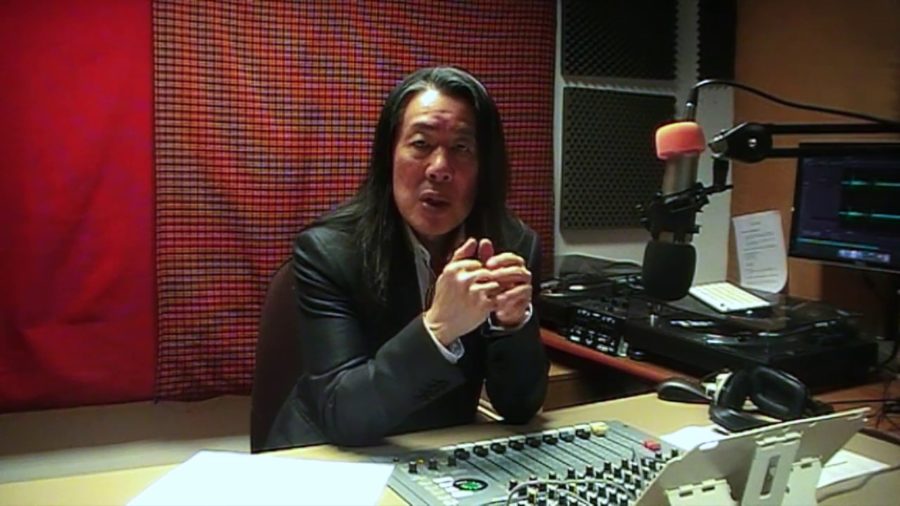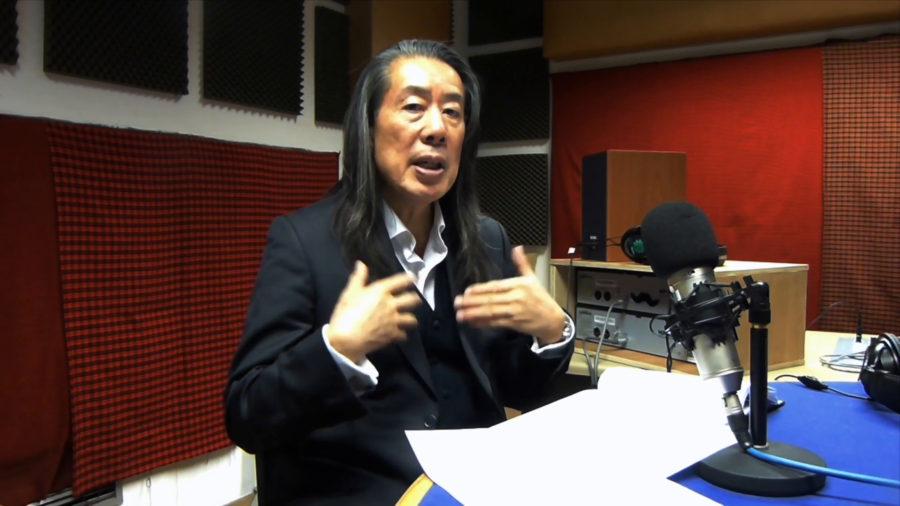Is there actually any such thing as a Hindu state? Mr. Modi, the Prime Minister of India is the representative of the BJP, the Bharatiya Janata Party, which stands for Hindu values. Hindu values as foundation values for the Indian state. And yet it’s very difficult to talk about such foundation values for an Indian state as if it had existed since time immemorial.
Archive (Page 2 of 4)
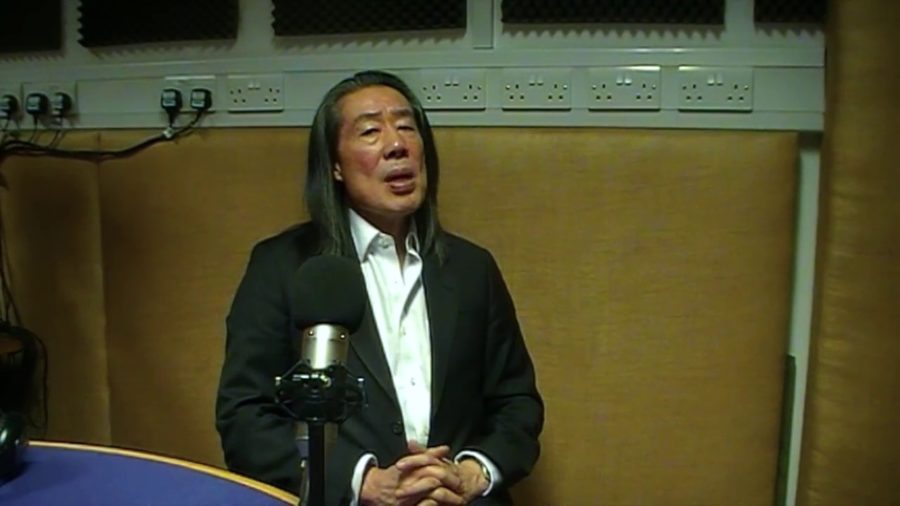
A number of Islamic states had revolutions that turned them in a particular post-war direction. And in this post-war direction the emphasis was on two key things. The first was modern development. In this sense it meant catching up with the metropolitan Western world. And the second driving force behind all of this was the assumption that this would be best done by instituting secular states.
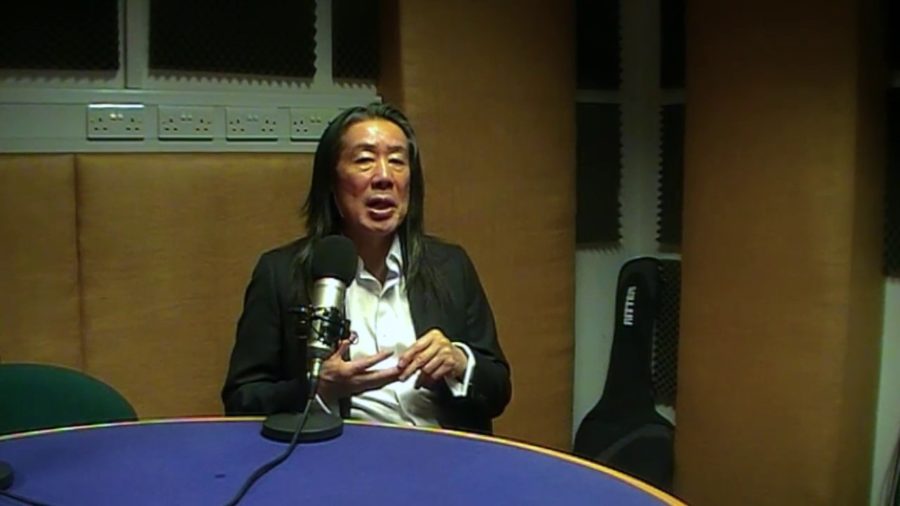
Is the much-vaunted issue of religion only one of many factors in play in these seemingly unstoppable and seemingly atrocious and unending conflicts in different parts of Africa?
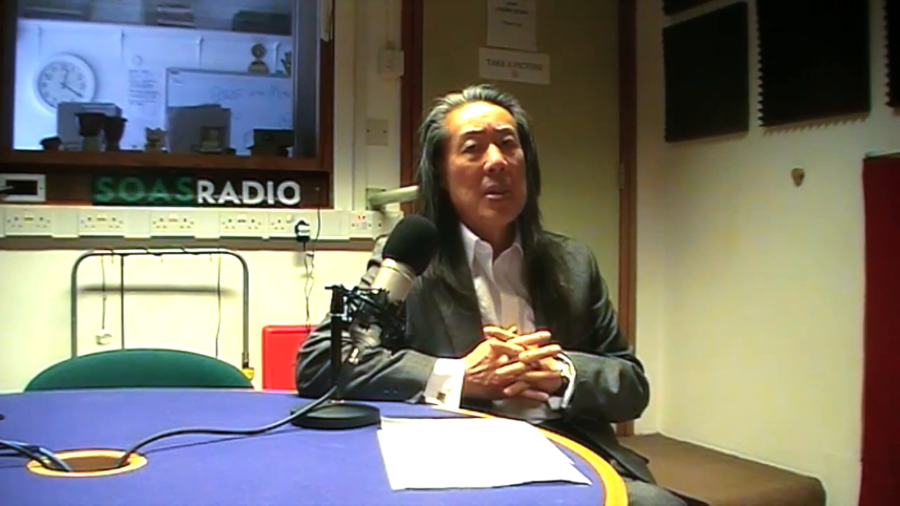
When we look at contemporary international politics, we often look back to the second Gulf War, the war against Saddam Hussein and his much rumored, much vaunted, but nonexistent weapons of mass destruction as the beginning of an adventure full of hubris and containing a nemesis that’s come back to haunt us.
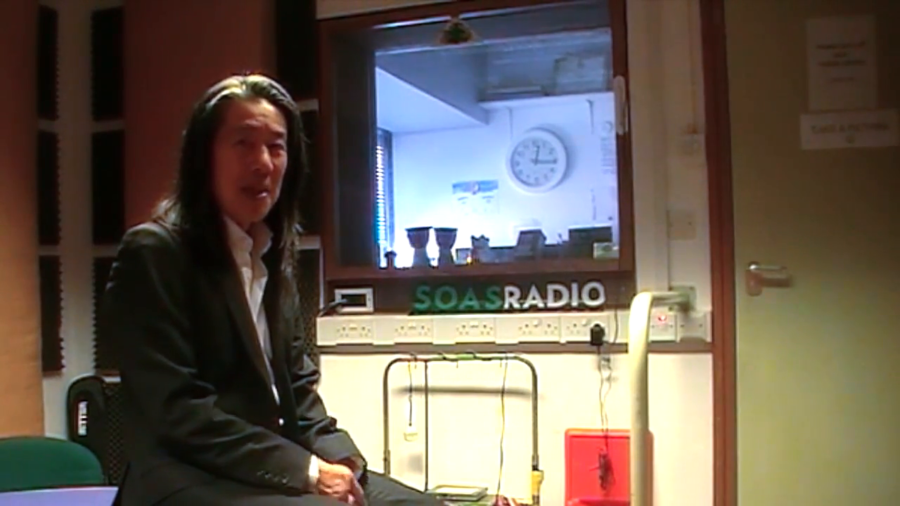
From the 1960s onwards, there was a new phenomenon, or at least it was noticed as new at that point in time, which has been called “liberation theology.” It began in Latin America. It began with Catholic priests wanting to take a stand against injustice and corruption, and particularly on behalf of the poorest citizens in Latin American countries.
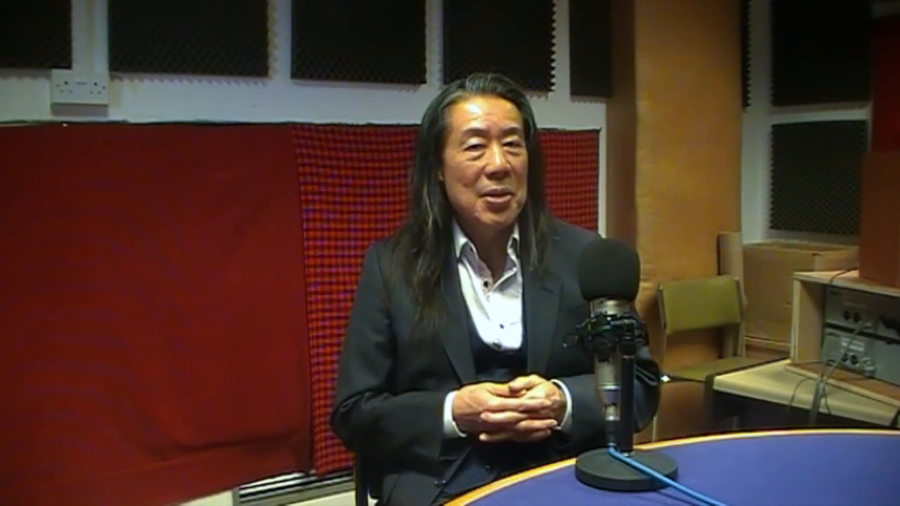
The famous Dutch theologian Hans Küng once convened a parliament of the world’s religions to come up with a common ethic, thinking that a common ethic was possible amongst all of the different confessional entities of the world. And indeed they managed to achieve a common ethic. But when it came to signing off the document that they had laboriously composed, there were all kinds of problems.
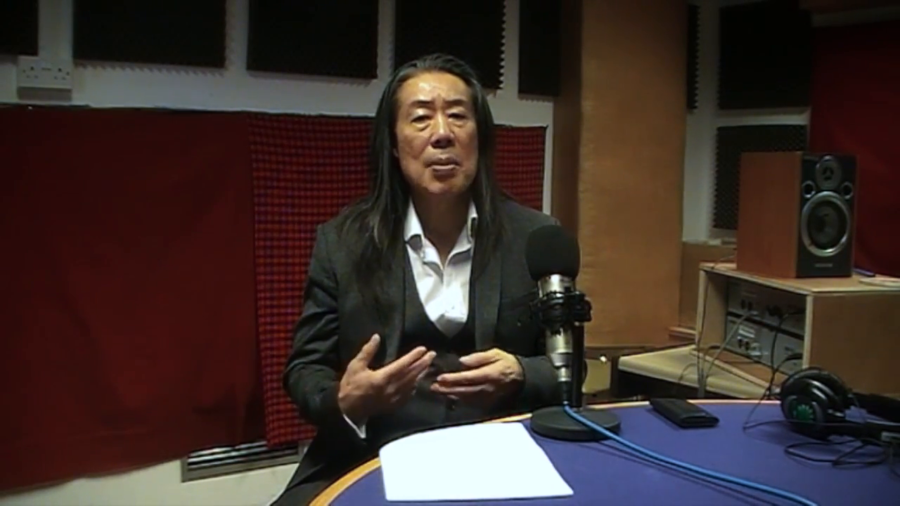
In the heyday of Islamic thought, of Islamic philosophy, of disquisitions about the meaning of Islam and its place in the world of knowledge, in the 13th century, the thought of great Islamic thinkers also was that God and his text constituted a first principle. All else was contingent upon this first principle. Second, third, principles, etc. were contingent.
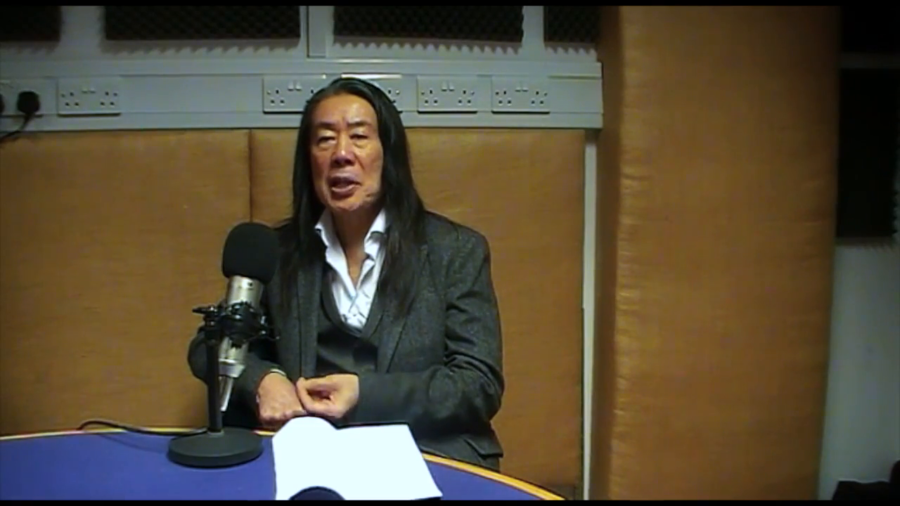
One of the key differences between Islamic scripture and Christian scripture is that Islamic scripture (the Koran) was meant to have been revealed to the prophet Muhammad during his adult lifetime. It was not meant to have been revealed to a number of people over many thousands of years.
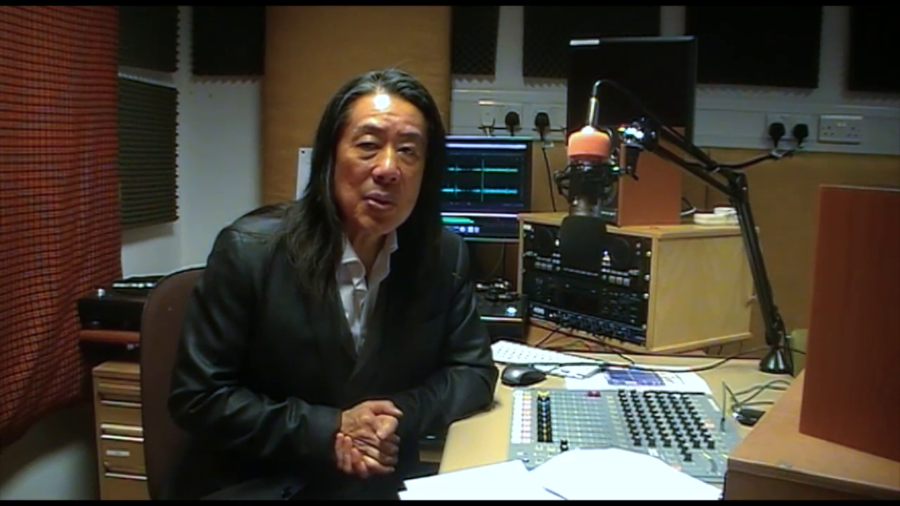
Our tale begins in Afghanistan with the Soviet invasion in 1979. This came out of a blue sky, military speak for there were no clouds, there were no warnings. But suddenly the Soviets invaded the country in support of a Soviet-inclined government. But a government which aroused huge resentments and resistance on the part of many many people in Afghanistan.

